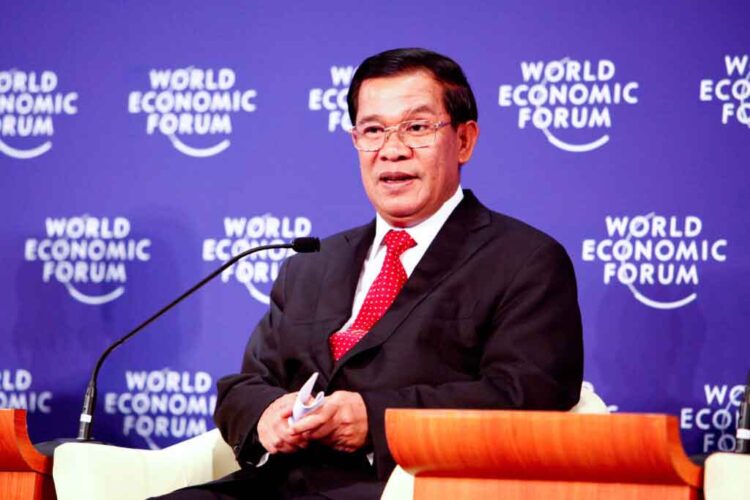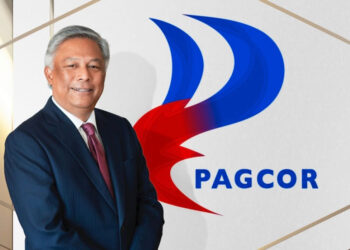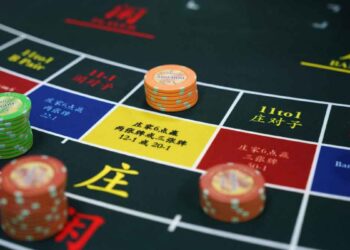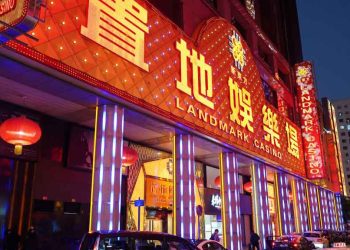The exiled former leader of Cambodia’s opposition party, Sam Rainsy, has accused the country’s long-time Prime Minister Hun Sen of causing conflict with Thailand due to fear that its neighbor is cracking down on locally-based criminal networks that have funded his hold on power.
These networks, Rainsy stated on his facebook page on Saturday, include “criminal syndicates controlled by the Chinese mafia and operating along Cambodia’s borders” where dozens of casinos that largely cater to Thai guests are located.
Rainsy, who previously led the Cambodia National Rescue Party before it was banned for allegedly plotting to overthrow Hun Sen, has lived in France since 2015 due to fear of what he has previously described as politically motivated repercussions. He has received multiple convictions in absentia.
Nevertheless, Rainsy has remained an outspoken critic of Hun Sen – who handed over control of Cambodia’s ruling party to his son Hun Manet in 2023.
In Saturday’s post, he described Hun Sen’s leaking of an audio conversation with Thai Prime Minister Paetongtarn Shinawatra as “not an act of patriotism but a personal and political reaction rooted in fear.
“Hun Sen’s current fury toward Thailand stems not from national pride, but from the growing threat to the illicit revenue streams that sustain his power-namely, criminal syndicates controlled by the Chinese mafia and operating along Cambodia’s borders,” he said. “These networks are now facing an unprecedented crackdown by the Thai authorities.
“Hun Sen’s anti-Thai rhetoric is nothing more than a political smokescreen. While he presents the dispute as one of historical grievance and national dignity, the real motive behind his indignation is Thailand’s concerted effort to dismantle Chinese-run cyber-scam operations based in border areas operations that have become a vital source of illicit funding for the current Phnom Penh regime.
“These scams are estimated to generate over US$12 billion annually – nearly half of Cambodia’s GDP – and are protected by powerful actors within the Cambodian state, including members of Hun Sen’s own family. With traditional sources of revenue such as the exploitation of natural resources and the granting of land concessions depleted by years of systemic corruption, the regime has grown increasingly reliant on these criminal enterprises.”
Rainsy described Thailand’s crackdown as a “direct threat to this financial lifeline” and accused Hun Sen of using nationalist sentiment to distract the public and rally support.
“Hun Sen’s outburst has nothing to do with protecting Cambodia’s sovereignty. It is about preserving the corrupt financial networks that keep his regime afloat,” he stated.
Rainsy’s comments follow a recent report by Thailand’s Centre for Gambling Problem Studies which alleges close ties between Cambodia’s border casinos – particularly those in Poipet – and the nation’s political elite.
The report claims the casinos operate under a sophisticated system of “nominee shareholding” whereby fees paid to the central and local governments create a web of profit-sharing among political insiders.



































